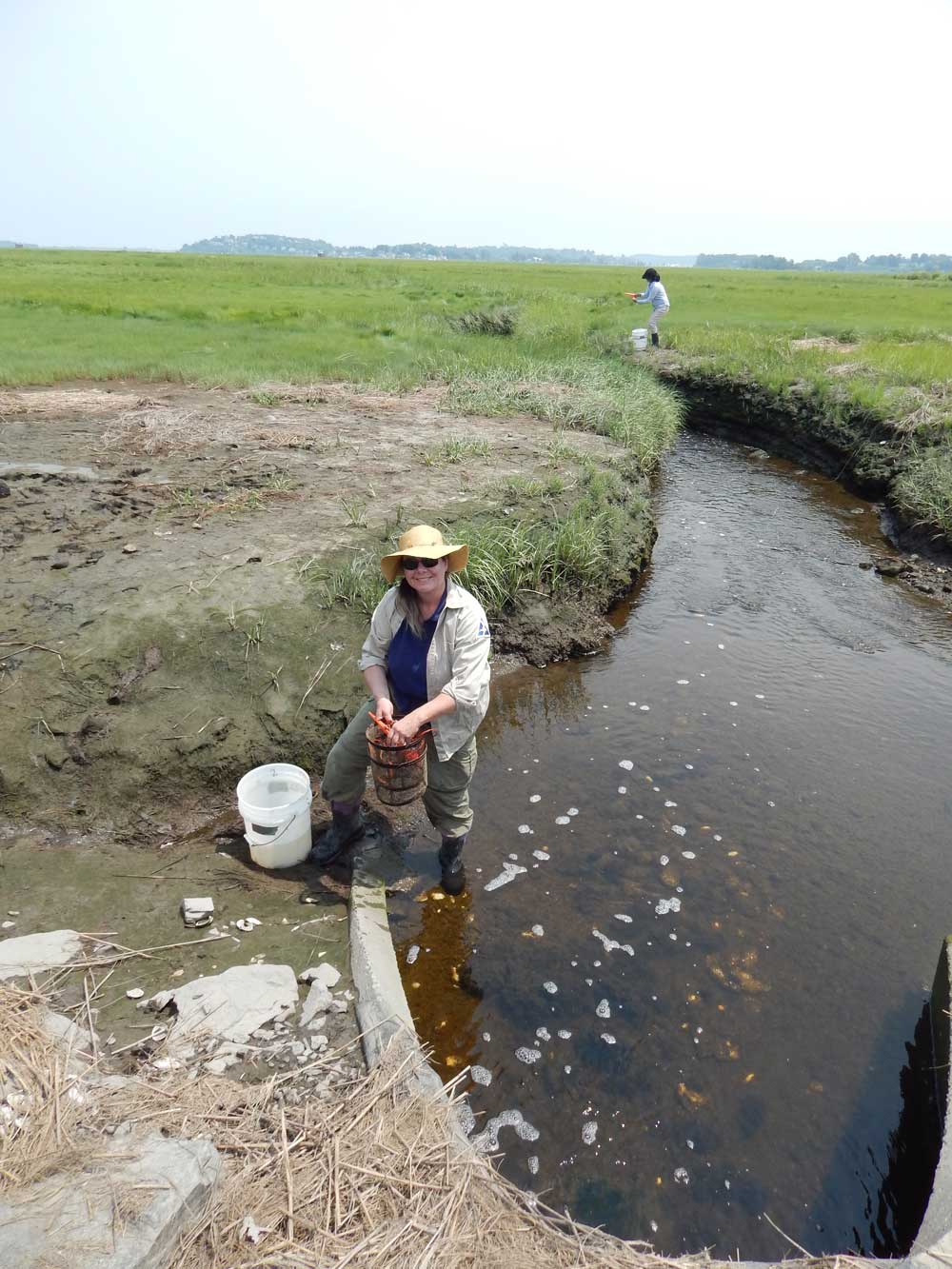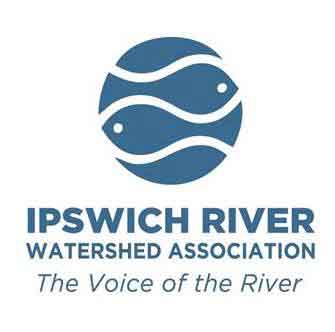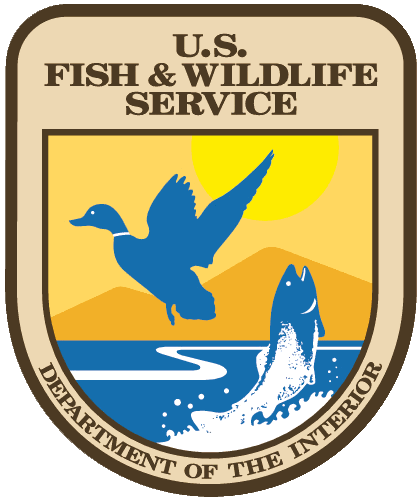2016 Summer Professional Development Institutes:
North Shore Region
One-Week Institute for Middle and High School Educators
Research and Resiliency: Exploring the Ways Local Ecosystems are Responding to Global Change
How do scientists study, protect and improve the health of the coastal habitats along the North Shore? How can an up-close look at a local marine environment help to bring a perspective on global change to students? During this institute, participants worked alongside research scientists and land managers to engage in primary research and gain some first-hand experience in the techniques of field data collection and analysis. Investigations of the ecology of some North Shore marshes, tidal flats and rocky shores sought evidence of the continuous threats to them, including more frequent storm events, water intrusion due to sea level rise, invasive species, nutrient loading, coastal runoff and tidal restrictions.
Field data was collected and may be shared with others from similar habitats in other parts of the world. Data was used to determine and evaluate the health of a local or distant ecosystem. Participants explored engineering solutions that could help to minimize the impact of climate change on local habitats, and investigate how organisms are responding to global change in their efforts to adapt to changing environmental conditions. Middle and high school educators gained experiences to help them engage their students in authentic scientific field research and introduce them to potential career opportunities. The week was filled with field trips, inquiry-based, minds-on, hands-on investigations, and discussions aimed to highlight ways research is supporting human efforts to enhance the resiliency of local ecosystems.
Click here for photos of the 2016 North Shore Region Institute!







